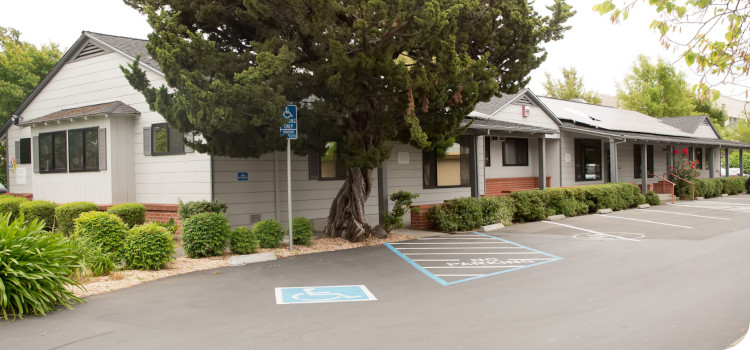 With the right general dental care, your smile can recover from many of the conditions that could impact its health and integrity, including those that have reached a more severe stage. For example, restoring a significantly fractured or broken tooth, successfully stopping and managing gum disease, and more can often help a smile fully or almost fully recover its good health and integrity. Yet, after losing a tooth, there are many different effects the loss can have on your smile and oral health. Recovering from these effects may require replacing more than just the visible part of the tooth, but also its root in order to fully restore the tooth’s vital role in your long-term oral health.
With the right general dental care, your smile can recover from many of the conditions that could impact its health and integrity, including those that have reached a more severe stage. For example, restoring a significantly fractured or broken tooth, successfully stopping and managing gum disease, and more can often help a smile fully or almost fully recover its good health and integrity. Yet, after losing a tooth, there are many different effects the loss can have on your smile and oral health. Recovering from these effects may require replacing more than just the visible part of the tooth, but also its root in order to fully restore the tooth’s vital role in your long-term oral health.
Understanding the consequences to your smile
For many people who experience tooth loss, the loss occurs because of the severe state of another, often common oral health issue. For example, most people lose teeth to severe gum disease, which systematically erodes the periodontal tissues and jawbone structure that support them. Others may lose teeth due to extreme damage or infection to the tooth structure. When these issues are addressed early, they’re often resolved by addressing the specific damage they’ve caused, such as repairing the tooth or restoring the health of your gums. Once a tooth is lost, however, the loss of its structure – particularly, its root – can have several compounding consequences beyond the immediately obvious one of the missing tooth.
Addressing all of the effects of tooth loss
The space left in your upper or lower of row of teeth may or may not be obvious, depending on the location of the lost tooth or teeth. However, all lost teeth can have a notable impact on your bite’s balance and function, and the overall comfort of your dental ridges. For instance, the loss of the tooth may cause others to shift toward the space in response the change in your bite’s pressure. This can cause varying degrees of discomfort, as well as put those teeth at risk of being damaged or lost, as well. Yet, the loss of the root, which rested within your jawbone, can long-lasting negative impacts on the strength, integrity, and health of your smile’s foundation, leading to the loss of mass and density in its bone structure and an increasingly more widespread impact on your overall oral health.
How dental implants can offer the best solution
The loss of your teeth roots is one of the more impactful consequences of tooth loss, and until recently, it’s one that conventional dental restorations have been unable to address. Even when designed to closely mimic the appearance of your healthy, natural teeth, conventional dental bridges and dentures lack a solution to address the loss of your teeth’s roots. However, with an appropriate number of dental implant posts, you can replace the roots of your lost teeth and give your dental restoration optimal support, all while restoring much more of your natural teeth’s vital functions.
Learn more about recovering from tooth loss
Helping your smile recover from tooth loss isn’t just about replacing your lost teeth, but doing so in a way that restores all of their vital functions. To learn more, or to schedule a consultation, call Santa Rosa Oral Surgery in Santa Rosa, CA, today at 707-545-4625.

